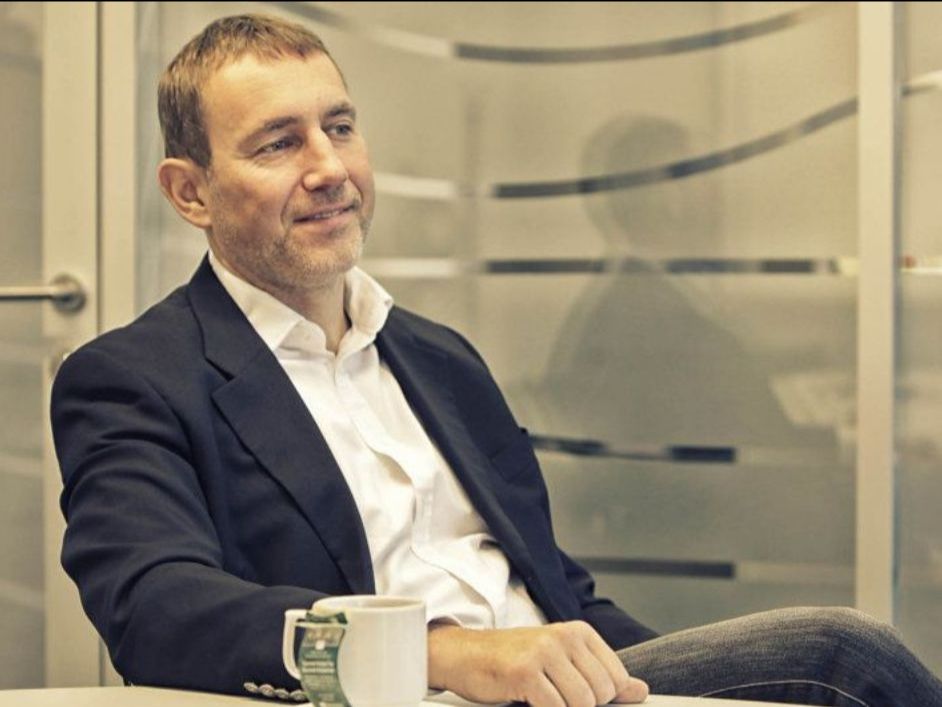
CEE has potential for automotive R&D and manufacturing, but people capital, legislation need to catch up
On December 10, AmCham Czech Republic in cooperation with AmCham Bulgaria and AmCham Slovakia organized an overview session on the state and the future of the automotive industry in CEE. Moderator Petr Knap of EY Czech Republic outlined the basic trends and figures: the automotive industry had a 26% share in the Czech industrial production in 2018 and the sector created 10% of the Czech GDP in 2019. Europe is the second largest car market after China. 29% of the EU’s total R&D expenditures go into the automotive industry. Over 18.5 million of cars were produced in Europe in 2019, compared with 4 million in January-October 2020 (about 260,000 cars lost in Czchia in 2020). The investment volume in R&D in the automotive sector is relatively robust even in the Covid year and some of the biggest names have put up centers of excellence in CEE. Yet many questions are to be decided, especially in the technology area. Human capital is “a time bomb” in many countries, including the Czech Republic, running out of some skill sets needed.
Martin Jahn of VW and Tomáš Vondrák of Continental added insider's views. According to Martin Jahn, the automotive is one of the strongest industries, and the current trends and issues include electrification, connectivity, assisted and/or autonomous driving, and how cars will be solved and used. CEE is in a good position for investment, as it has a competitive advantage in terms of costs and political stability. But what the automotive sector will need is a decision on technologies used in the automotive and the legal environment, so that new products, features and services can be tested. Also, the cooperation between companies and universities and R&D funding should be more flexible. How we can use the time spent in a car will be important, not only the digitization of the car. Private space is something that people value and people will thus not give up on private cars.
Tomáš Vondrák added that affordability and scalability is the name of the game. The question with assisted and automated driving is what are we as human beings willing to give up when driving a car. Technology (availability) is not a decisive factor in the industry anymore, it is the technology implementation and legislative boundaries for the use of the technology in cars. Industry 4.0 is a mindset - how you understand your manufacturing, your products, and your people. It is all about leadership. Anyone can buy collaborative robots, but the competitive advantage will come from how they are used. EU policy is a challenge for the automotive sector and greater openness of Brussels in CO2 emissions talks would be beneficial.

Customers are changing and expect more personalization. „There is a potential to combine different sectors to gain much bigger impact, including the energy, power generation, automotive, software and gaming industries.“
„Within about 10 years we should have half of new cars being electrified along with the EU CO2 emission caps implementation.“
 R&D is all about people. We either need to bring them from abroad or set our educational system in the right way. “We may need less mechanical engineers, but more software engineers and specialists in chemistry related to batteries.”
R&D is all about people. We either need to bring them from abroad or set our educational system in the right way. “We may need less mechanical engineers, but more software engineers and specialists in chemistry related to batteries.”
„We have to go step by step. It will be a lot of hard work, but the automotive will be a major industry, providing jobs. We hope the government will support the sector more and many talents will go into this industry."
 „CEE has a big potential for both R&D as well as manufacturing. We have taken a couple of strategic decisions going more into CEE with both R&D and manufacturing.“
„CEE has a big potential for both R&D as well as manufacturing. We have taken a couple of strategic decisions going more into CEE with both R&D and manufacturing.“
„I am fully confident that the CEE region will be strong. I am very optimistic about the future of the automotive.“
Recording of the event is available for members.
Log In




